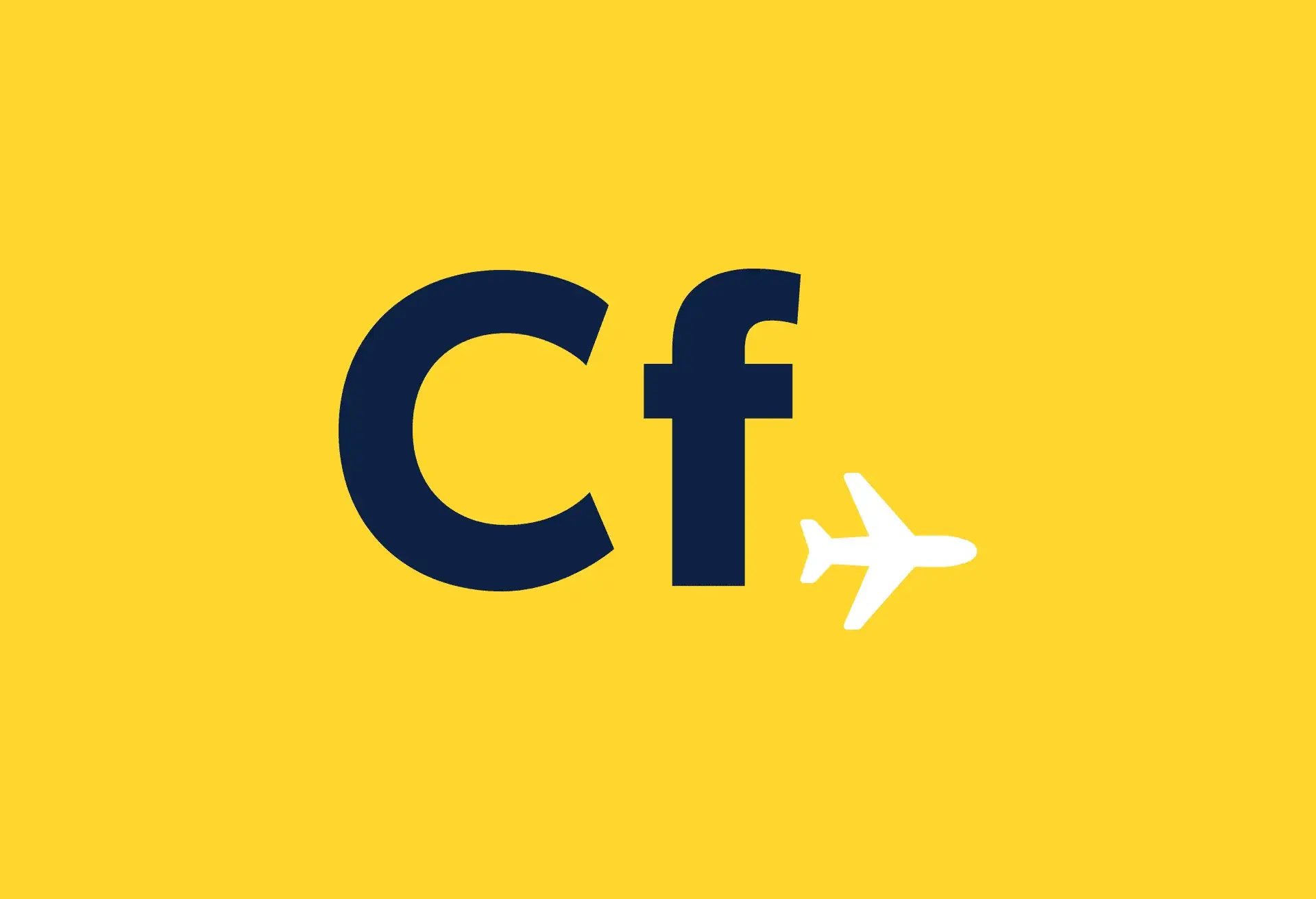The London 2012 Paralympics excitement is mounting as disabled athletes from across the world come together to compete in games that have flourished in the last 60 years, writes Elisabeth Ward.
Sparked by Sir Ludwig Guttmann who was trying to rehabilitate Second World War injured veterans, he organised the first Stoke Mandeville Games on July 28 1948, the same day as the start of the London Olympic Games (this is where Wenlock’s partner mascot Mandeville comes in).
As the games became more popular, they were coined the Paralympics, deriving is name from the Greek word “para” meaning “beside” or “alongside”. Thus the Paralympics began to coincide with the Olympic Games running in the same year.
Stoke Mandeville is the spiritual home of the Paralympics, hosting the first recognised event for athletes with a disability in 1948.
The Paralympics Games not only provide disabled athletes a chance to compete in official games but it gives them an opportunity to shine in a world where disability is ignored, feared or made taboo. With almost every spectator ticket sold, there’s unprecedented attention on the Games – something the organisers hope will drive a positive change in perceptions towards disabilities.
For those unfamiliar with different types of disabilities, or the way certain disabilities look, the Paralympics opens the world’s eyes to learn about disability, to view it openly and without judgement, and to see the strength, talent and determination behind each disabled athlete.
The Paralympics includes many of the Olympic sports such as swimming, athletics, sailing, archery, etc, but it also has a set of its own exclusive sports.
Read on for our beginner’s guide to Paralympics sports.
Goalball
The aim of Goalball – played by visually impaired athletes – is to score a goal by rolling a ball into the opponent’s goal, while the opposing team blocks the ball with their bodies. As there are varying degrees of visual impairment, each player must wear special glasses to ensure that the play is fair.
Boccia
Tailored for those who are wheelchair impaired, have cerebral palsy or related locomotor conditions, Boccia is played by teams, pairs or individuals. A ball is propelled as close to a second white target ball – 6 balls are thrown and points are added together at the end of each match depending on how close each ball is to the white target ball. Boccia includes four classifications of disabled athletes – some athletes need a ramp or a pendulum swing to release the ball, and each athlete is placed in a relevant classification to make competition fair.
Revised Olympic Sports
Several Olympic sports have been modified to accommodate specific disabilities, including 5-a-side (all players are blindfolded and play off the noise of the ball!) and 7-a-side football, sitting volleyball, wheelchair basketball, fencing, rugby and tennis. There are also equestrian competitions for athletes who compete in Dressage.
The Paralympics kick-off today (August 29) and end on September 9.
Written by insider city guide series Hg2 | A Hedonist’s guide to…
(Featured image by Stuart Grout)



